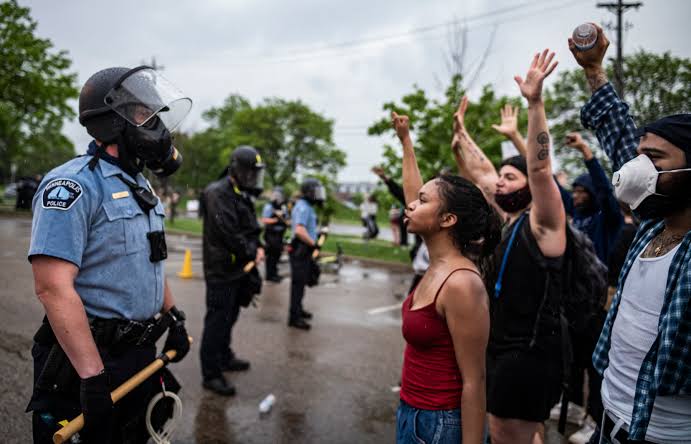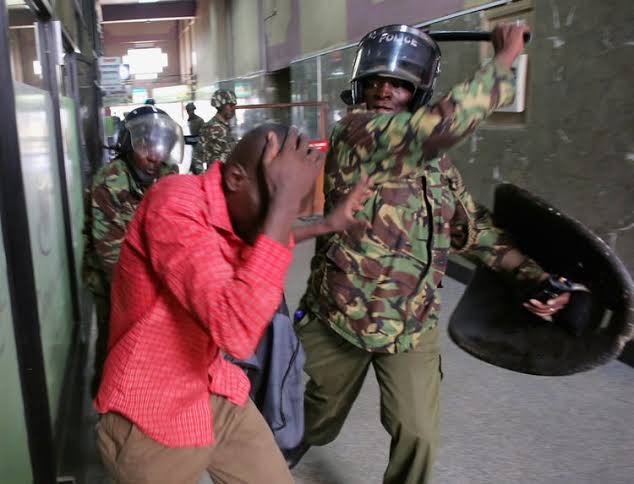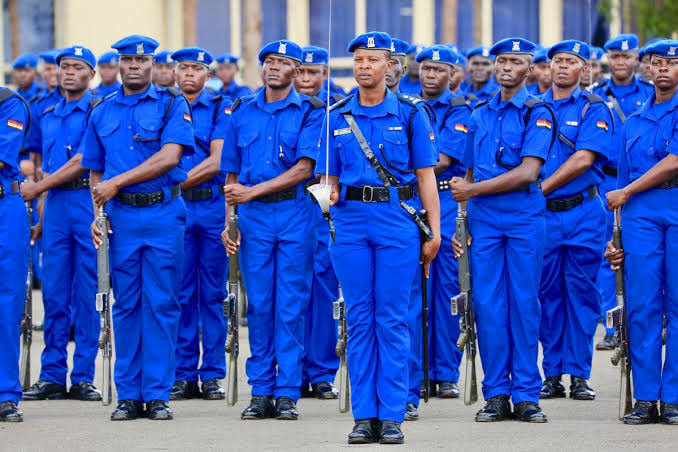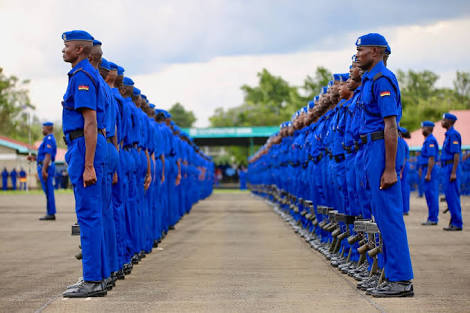NAIROBI, Kenya, Jan 6- There is a growing global trend where police forces are being called out.
Even with restrictions and strict guidelines put up by the World Health Organization, States and Governments, other health organizations, and partners due to the COVID-19 pandemic hundreds of thousands of people around the world are demonstrating against police brutality.
This was exacerbated by the death of one George Floyd, a US citizen who was killed on May 25th, 2020, among others.
As a result, there have been advances to address the question of transparency and accountability in the police services around the world generally and in Kenya specifically.
Issues of transparency and accountability and corporate governance by extension within the police force and the reforms in policing are the main concerns surrounding policing institutions.
Police accountability and transparency have always been overshadowed by their persistent visibility in all public affairs then magnified by the responsibilities and statutory obligations police forces possess over the liberties, rights, and safety of citizen.
The Police perpetual presence worldwide, in various jurisdictions, can be described as the ‘seen’ Government, and their behaviour mostly mirrors the general health of the respective state at that moment in time.

The police have the powers to use physical force including the use of deadly weapons to subdue and protect property and lives of civilians including shooting when all other measures fail.
A report from the Commonwealth Human Rights Initiative shows that the Kenyan police force has been used as a political tool leading to high levels of corruption, impunity, and violence in the police force, undermining citizen trust and respect for the rule of law.
For example, the 2017 presidential elections period saw excessive police operations in opposition strongholds, with police beating and shooting to death at least 100 opposition protesters and bystanders.
Many women and girls were sexually harassed by men in uniform, many of whom carried guns, batons, teargas canisters, whips and wore anti-riot gear.

As a result of these acts that have been exercised with impunity, many citizens, including school-going children, refugees, civil society organizations, members of the public, and even politicians have been victims of these repressive actions that have subjected them to severe injuries, arbitrary arrests, and in some instances death.
In a bid to help fix the loopholes that the Kenya Police Service has been in the past been called out for, the variances between some of the world’s best-ranking police services with that of Kenya have been observed; such as in the New Zealand Police, one of the best-ranking police services according to previous statistics.
It is feted for its reliability, trustworthiness, and approachability.
Secondly, in Germany, policing has always been a responsibility of the German states. Each state has its own police force known as State Police.
Thirdly, the Botswana Police Service has been ranked number one in Africa for its efficiency and fight against drugs. In most model countries, police services and forces have some commonalities. There is an average period of time for a cadet to serve before they are fully ready to serve in the police force with a competitive pay package.
There have been various challenges facing the Police system in Kenya namely: Pressure on the political recruitment of the top tier management such as Inspector General and Deputy Inspector Generals and the Director of Criminal Investigator positions, Resistance of higher-ranking officers to reforms, Leadership Wrangles, No clear protocols observed especially in the administration and command of the service, No clear channels for Police officers to express themselves(non-Unionaisable), Poor community policing, Heightened corruption in all the ranks, gender imbalance, Lack of proper standardised gear for police officers, most importantly, lack of modern technologies and accountability mechanisms.

Various reforms, however, have been recommended /put in place to improve the police system in Kenya such as renaming the Kenya Police from a police force to a police service; the introduction of the Independent Police Oversight Authority; the digital Occurrence Book entry; the establishment of a quality management system and the introduction of a laboratory manual which have contributed significantly to a more professional forensic technology.
Unfortunately, police brutality has been rampant with many incidents being reported and documented by the media and civil society organizations amidst and during the Covid-19.
The government should equip the Kenya police forces not only with modern tools and tactics to apprehend the criminal elements but also with the sense of the importance of the value of human life.
Issues of privacy, consent and police brutality will pave the way for the future of these technologies and how—or whether or not—police continue to take advantage of the latest innovations to solve crimes and keep the people safe.
Accountability however remains the major issue to ensuring that institutions that engage the public regularly, the way the Police do, remain guided by various principles.
Governance that is transparent in the management of policing duties because of the immense powers, rights, and privileges the police have over the civilians, should always be measured against appropriate and international standards.
The author, Andrew Kimani, is a Criminology Lecturer,Tutorial Fellow, Security practitioner and analyst, based in Nairobi, Kenya.
Want to send us a story? Contact Shahidi News Tel: +254115512797 (Mobile & WhatsApp)


